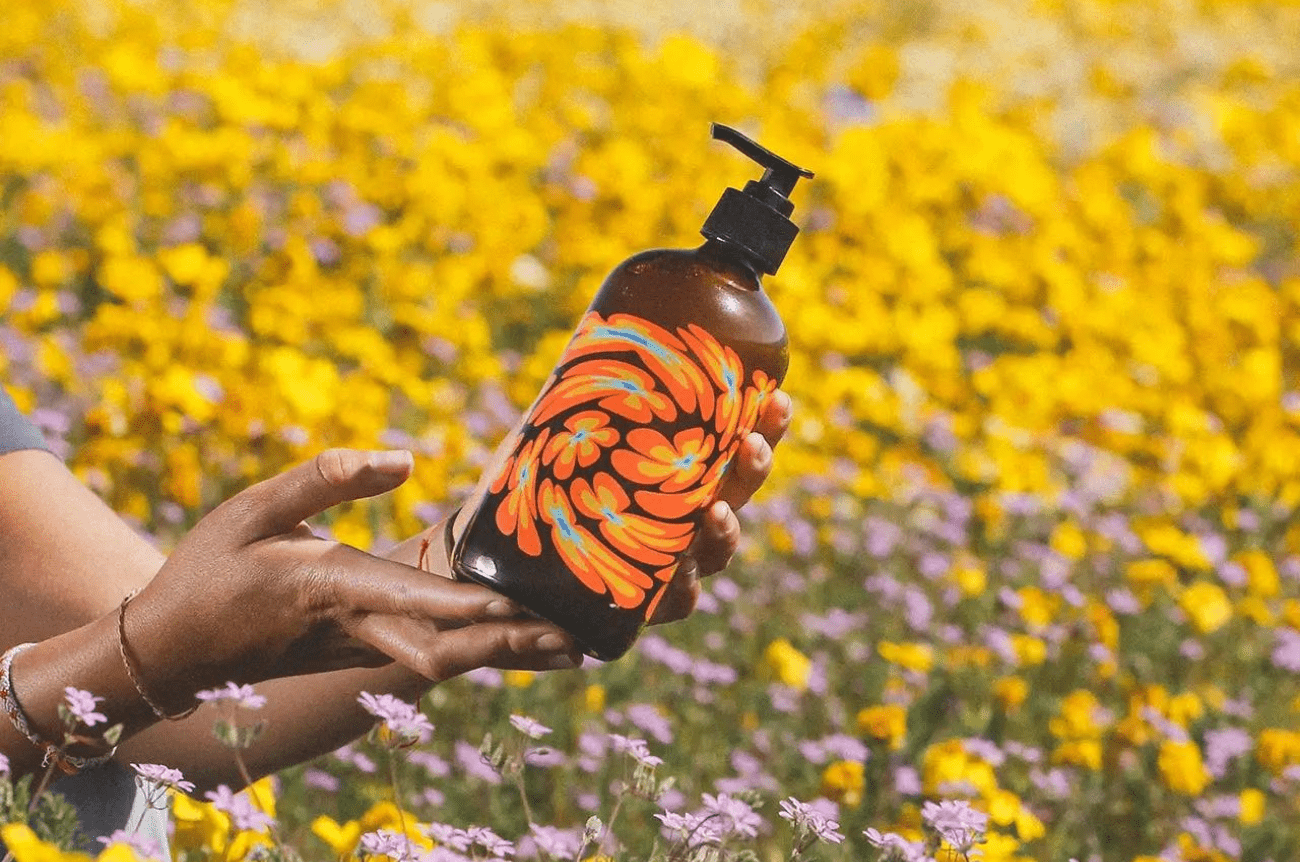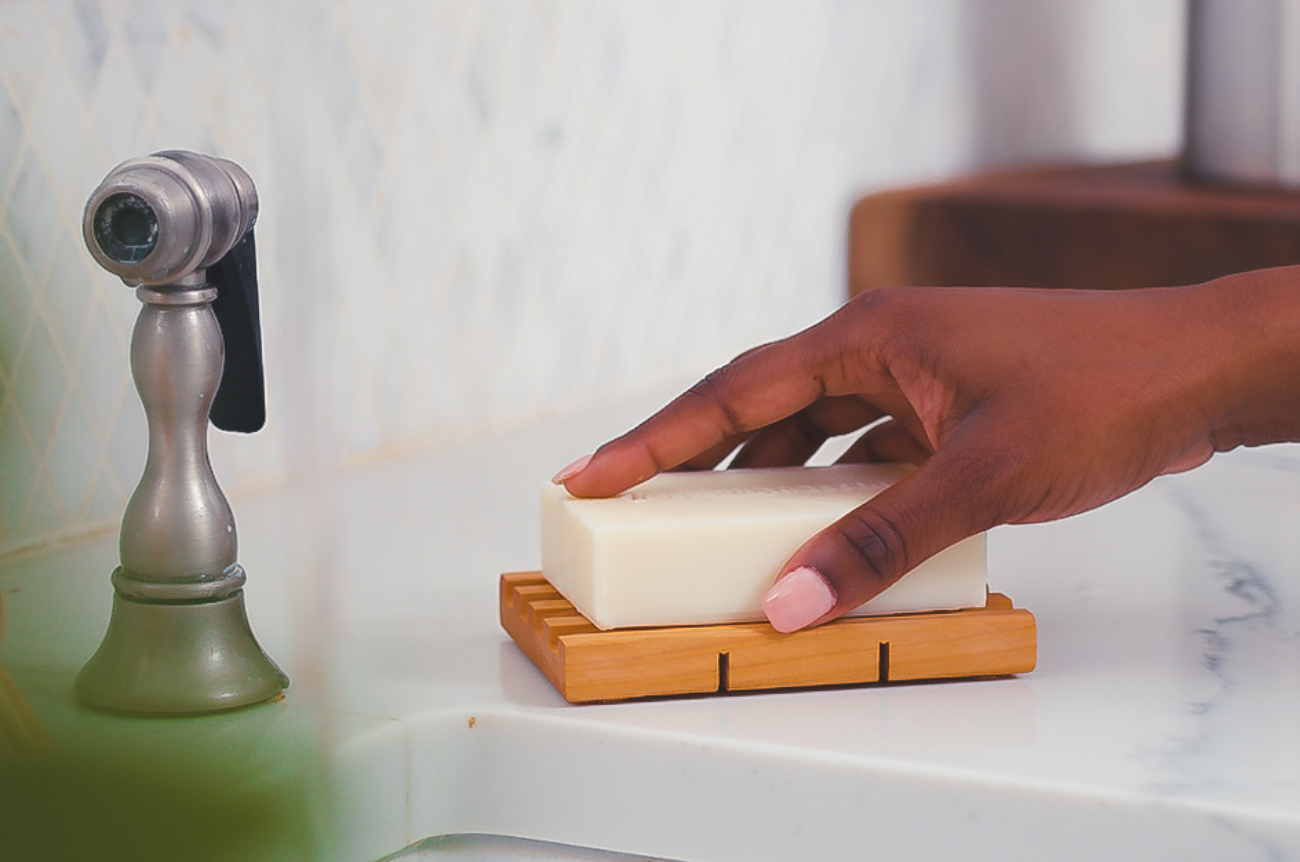Before we knew about the true cost of our clothing, we would be so excited to find a cute, ultra-trendy top for as little as $6. Somehow these low-priced clothing stores at the mall would be pumping out brand new styles practically every week, making us wonder as to how they could be so cute AND cheaper than a meal. Until we learned about the fast fashion industry and it was no longer a big mystery.
For one of our team members, it started with The True Cost, a 2005 film exposing the truth about the unethical and unsustainable nature of the fashion industry. The film provides a look into what’s concealed underneath price tags and the country of origin labels. It shows us just how “[t]he price of clothing has been decreasing for decades, while the human and environmental costs have grown dramatically”.
There are 40 million garment workers in the world--mostly women--who are denied basic human rights and protections that are afforded to the people wearing the clothes they make. The exploitation of their labor paves the way for the fashion industry to reap immense profits, leaving their workers sick, underpaid, and severely mistreated. According to the Human Rights Watch, some of these violations for garment workers in Cambodia include “forced overtime and retaliation against those who sought exemption from overtime, lack of rest breaks, denial of sick leave, use of underage child labor, and the use of union-busting strategies to thwart independent unions”. In addition, “women workers faced pregnancy-based discrimination, sexual harassment, and denial of maternity benefits”. And these heartbreaking human rights violations aren’t unique to Cambodia.
Sadly, the Earth suffers an enormous impact, too. In the U.S. alone, we threw away more than 16 million tons of textile waste in 2017 alone. And if a business’s bottom line is to make profit, using cheap materials that have a low durability means our clothes are becoming yet another disposable item in our lives. Then there’s the application of pesticides and insecticides to grow the fabrics used in producing these wasteful pieces, which only contributes to our pollution crisis and the 6th mass extinction we’re amidst. But businesses now recognize a new strategy--called the Triple Bottom Line. This principle is based on the idea that businesses should focus on environmental and social responsibility and sustainability alongside profit.
While purchasing new clothes from sustainable clothing brands is amazing, because these social and environmental costs are integrated into the prices, they’re not always accessible to lower income communities. Finding a sustainable clothing brand you love--and is fully transparent in their production--is totally possible and an amazing next step towards sustainable fashion. But in the spirit of wasting less while saving more, we always encourage using and upcycling what you have, and thrifting or shopping via websites like Poshmark when you need a wardrobe change. Plus, there’s nothing like finding a unique outfit you slay that's affordable AND given another life through you. We’re here for a closed-loop clothing economy, so we linked some of our favorite sustainable and ethical clothing brands below as well as popular websites for thrifting!
Sustainable + Ethical Clothing Brands:
- 3 Women, a women-owned and operated vintage and eco-friendly store located Long Beach, California featuring sustainable garments made from vintage rice, flour, and feed sack fabric!
-
Q for Quinn, an eco-conscious brand offering a range of sustainable and eco-friendly essentials, including women’s cotton socks, and 100% organic cotton underwear. Their products are crafted from organic cotton and are designed for ultimate comfort, free of harmful chemicals, and made in ethical working conditions. Q for Quinn's mission revolves around sustainability and wellness, ensuring every item is gentle on the skin and the environment.
- Wasi Clothing, a Bolivian-American woman owned clothing brand with ethically and sustainably clothes handmade by owner!
- LACAUSA Clothing, an LA Based low-waste clothing brand that produces most clothing in-house and donates a portion of proceeds to human and environmental rights organizations
- Able, a Tennessee-based B Corp that pays their Ethiopian and Nashville artisans living wages (which you can see on their website)
- California-founded Outerknown, a stylish brand with sustainable staples produced according to a circular economy and is Fair Labor Association & Bluesign certified
- Girlfriend Collective, sustainable women’s activewear made with certified fair labor and uses recycled polyester as well as low-impact non-toxic dyes (and is fully OEKO-TEX® Standard 100 certified!)
For more sustainable clothing brands, check out good on you!
Websites for shopping secondhand:
- ThredUp, the “largest online thrift store” that encourages a closed-loop clothing economy
- Poshmark, a user-friendly app and website to buy and sell clothing (some accounts sell “boutique” clothing on here--that means it isn’t secondhand!)
- Depop, another mobile app to buy and sell fashion being given a second life!
- Tradesy, an app for buying and selling designer clothes (at a lower cost!)










